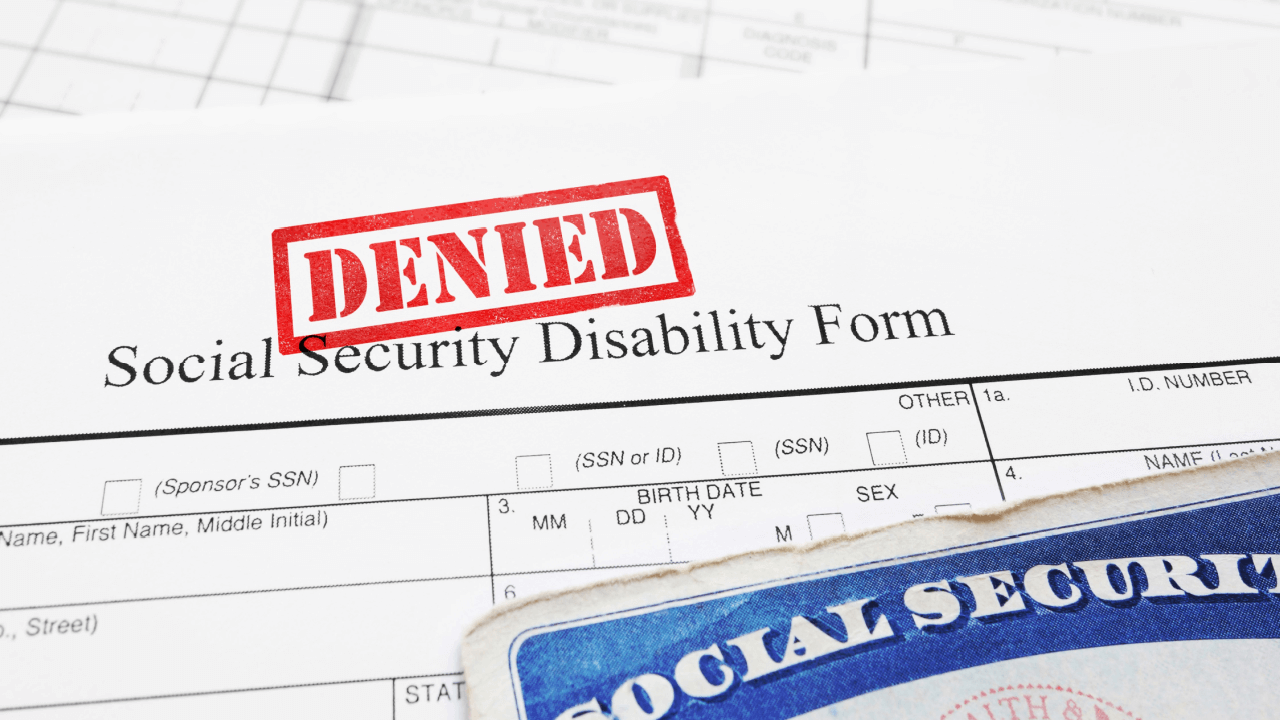
How Are SSDI Benefits Determined? Your Complete Guide
Quick Answer: How Are SSDI Benefits Determined
How are SSDI benefits determined? Social Security Disability Insurance (SSDI) benefits are calculated using a complex formula that considers your work history, earnings record, and medical condition. The Social Security Administration uses specific criteria to evaluate your eligibility and determine your monthly payment amount. Understanding this process helps you prepare your application and set realistic expectations for your potential benefits.
The determination process involves multiple steps that examine both your medical qualifications and your financial work history. Each component plays a crucial role in establishing your eligibility and final benefit amount.
Evaluation Steps: SSA’s Five-Step Disability Process
The Social Security Administration follows a systematic five-step process to determine if you qualify for SSDI benefits. This medical evaluation forms the foundation of how SSDI benefits are determined.
Step 1: Current Work Activity
You cannot be earning more than $1,550 per month (2025 limit) in substantial gainful activity. Any income above this threshold typically disqualifies you from receiving benefits.
Step 2: Severity of Condition
Your medical condition must significantly limit your ability to perform basic work activities for at least 12 months or be expected to result in death.
Step 3: Listed Impairments
The SSA maintains a comprehensive list of qualifying medical conditions. IIf your condition meets the criteria in the SSA’s listings, the SSA may find that you meet the medical requirements for SSDI, subject to the remaining eligibility rules.
Step 4: Past Work Assessment
The SSA evaluates whether you can perform any of your previous jobs despite your current medical limitations.
Step 5: Other Work Capability
Finally, they determine if you can perform any other type of work available in the national economy, considering your age, education, and transferable skills.
Eligibility Insight: How Work Credits and Earnings History Matter
Understanding how are SSDI benefits determined requires knowledge of the work credit system. You earn work credits by paying Social Security taxes on your income. In 2025, you earn one credit for every $1,810 in covered earnings, up to four credits per year.
Work Credit Requirements:
- Most people need 40 work credits (10 years of work)
- 20 credits must be earned in the 10 years before becoming disabled
- Younger workers may qualify with fewer credits
Earnings History Impact: Your benefit amount depends on your average indexed monthly earnings (AIME) during your highest-earning years. The SSA calculates your AIME using up to 35 years of your highest indexed earnings. Missing years count as zero, which can significantly reduce your benefit amount.
The primary insurance amount (PIA) formula applies specific percentages to different portions of your AIME. For 2025, the formula provides 90% of the first $1,174 of AIME, 32% of AIME between $1,174 and $7,078, and 15% of AIME above $7,078.
Payment Factors: What Affects Your Monthly SSDI Check
Several key factors determine how SSDI benefits are calculated for your specific situation:
Age at Disability Onset: Workers who become disabled at younger ages typically receive lower benefits due to shorter work histories and lower lifetime earnings.
Family Maximum Benefits: Your family may receive additional benefits, but total family benefits cannot exceed 150-180% of your PIA. This affects how much each family member can receive.
Cost of Living Adjustments: Annual cost-of-living adjustments (COLA) increase benefit amounts to account for inflation. The 2025 COLA increased benefits by 2.5%.
State Supplemental Payments: Some states provide additional payments to supplement federal SSDI benefits, particularly for individuals with very low monthly amounts.
Timeline Breakdown: When SSDI Benefits Are Decided
The determination timeline varies, but understanding how are SSDI benefits determined can help you navigate the process more effectively. Initial applications typically take 3-5 months for a decision.
Application Review Process: The Disability Determination Services (DDS) in your state reviews your medical evidence, work history, and supporting documentation. They may request additional medical examinations or consultative evaluations.
Appeals Process: If denied, you have 60 days to file an appeal. The appeals process includes reconsideration, administrative law judge hearing, Appeals Council review, and federal court review.
Benefit Start Date: SSDI benefits begin in the sixth month of disability. For example, if you become disabled in January, benefits start in July. This five-month waiting period applies to all recipients.
Get Help Understanding How Your SSDI Benefits Are Determined
Navigating the SSDI determination process If you want to learn more about how SSDI benefits are determined or discuss questions about your situation, you may wish to review additional resources or speak with a qualified disability attorney or advocate.
Frequently Asked Questions
1. How long does it take for SSDI benefits to be determined?
Initial SSDI applications typically take 3-5 months for a decision. Complex cases involving appeals can take 12-24 months or longer to reach final determination.
2. Can my SSDI benefit amount change after it's determined?
Yes, your SSDI benefits can change due to annual cost-of-living adjustments, return to work attempts, or changes in family composition that affect the family maximum benefit.
3. What happens if I disagree with how my SSDI benefits were determined?
You can appeal the decision within 60 days. The appeals process includes multiple levels: reconsideration, administrative law judge hearing, Appeals Council review, and federal court.
4. How are SSDI benefits determined for people with multiple disabilities?
The SSA evaluates all medical conditions together to determine their combined impact on your ability to work. Multiple conditions can strengthen your case even if individually they might not qualify.
5. Do assets affect how SSDI benefits are determined?
No, SSDI is not need-based. Your assets, savings, or other income sources do not affect your SSDI benefit determination, unlike SSI (Supplemental Security Income).
Key Takeaways
- SSDI benefits are determined through a five-step medical evaluation process and earnings history calculation
- Work credits and average indexed monthly earnings form the foundation of benefit calculations
- The primary insurance amount formula applies different percentages to various income brackets
- Family maximum benefits limit the total amount your household can receive
- Appeals are available if you disagree with the initial determination, with strict 60-day deadlines


